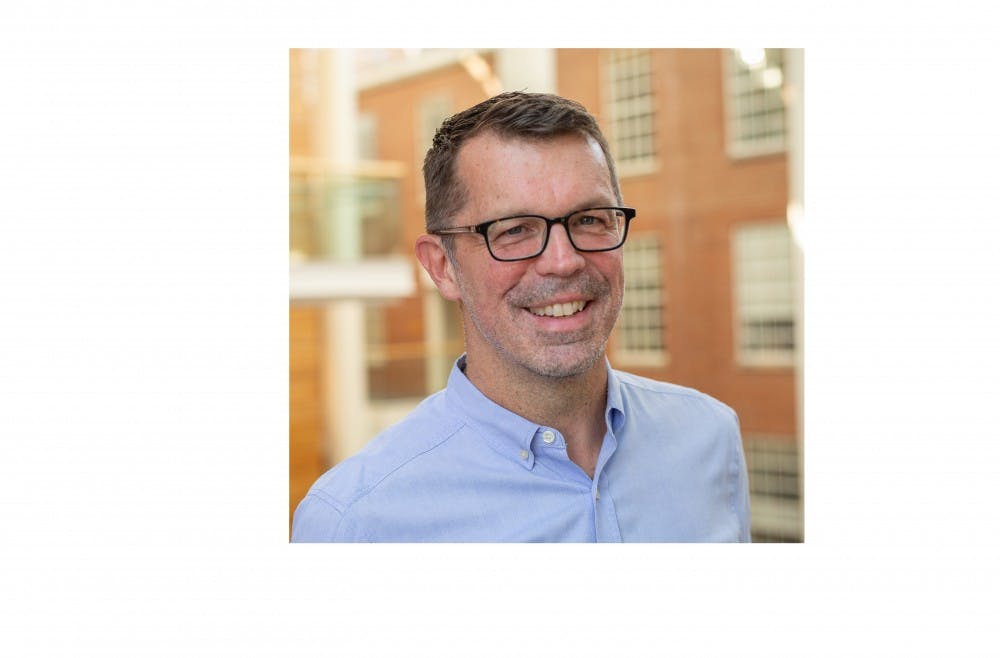Adolescents around the country are not as protected against Human Papillomavirus as previously hoped, according to a new report published by the President’s Cancer Panel.
Two UNC professors led and assisted with the preparation of this report. Barbara Rimer, dean of the Gillings School of Global Public Health, is the President's Cancer Panel chairperson, and Noel Brewer, a health behavior professor, served as her special adviser.
The President’s Cancer Panel, a team that advises the President of the United States on the National Cancer Program, found that less than half of all U.S. adolescents were fully vaccinated against HPV in 2017, which is short of its goal of 80 percent vaccination by 2020. This new report urges the White House to renew its commitment to prioritize HPV vaccinations.
Human Papillomavirus is the most common sexually transmitted infection in the United States, affecting almost a quarter of Americans. It can be transmitted through intimate skin-to-skin exposure. In most cases, HPV goes away on its own. But in cases where it doesn't, it can lead to genital warts and, in some cases, cancer.
Brewer said HPV causes six types of cancer, nearly 34,000 cases of HPV cancers occur each year in the United States.
“In the U.S., there is one HPV vaccine available,” Brewer said. “It’s the best-designed HPV vaccine, and it protects against nine different types of HPV. The HPV vaccine is completely safe, and it is one of the most studied medicines available today.”
Low vaccination rates can have significant consequences, and some of them are deadly.
“The CDC estimates that low vaccination rates will lead to 53,000 cases of cervical cancer that could be avoided,” Brewer said. “The goal is that 80 percent of adolescents will get the full vaccination because once we get to that level, we will reach herd immunity.”
Brewer pointed to some success stories. In Australia, high vaccination rates may lead to a virtual elimination of genital warts and may eventually bring about the end of HPV-related cervical cancer cases.



